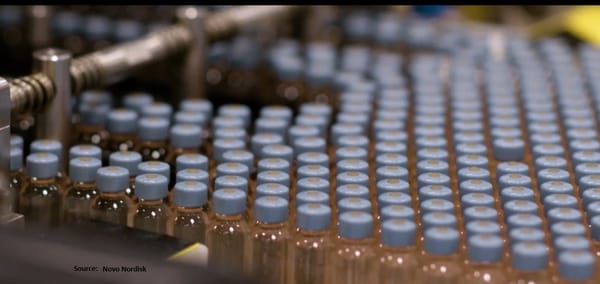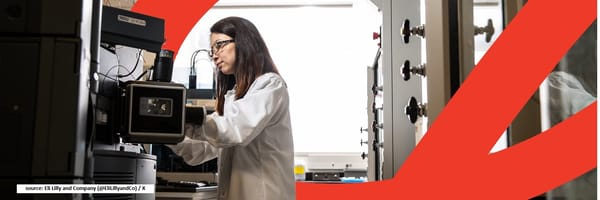Univercells and Andelyn Biosciences Establish Independent Collaborations for Drug Development

Univercells and Altamira Therapeutics have joined forces to work on nanoparticle-delivered mRNA vaccines
Univercells has recently partnered with Altamira Therapeutics, a leading producer of nanoparticle-based technology. This collaboration will allow Univercells to utilize Altamira's innovative SemaPhore nanoparticle platform for the delivery of messenger RNA (mRNA) vaccines. Additionally, on March 25th, Andelyn Biosciences, a contract development and manufacturing organization (CDMO), revealed a collaboration with Grace Science, a biotechnology company dedicated to creating innovative therapies centered around N-Glycanase 1 (NGLY1), a crucial enzyme for proteostasis.
mRNA vaccines delivered via nanoparticles
Univercells plans to utilize Altamira's SemaPhore nanoparticle platform to conduct initial tests on a unique mRNA vaccine, both in laboratory settings and in living organisms. If the companies are able to achieve success, they intend to discuss and come to an agreement for the commercialization of nanoparticle-based mRNA vaccines using Univercells' production platform.
mRNA vaccines, and mRNA in general, have revolutionized the way we approach disease prevention, treatment, and cure across various medical disciplines, including oncology and infectious diseases. In order to fully unleash its capabilities, ongoing innovation is crucial to enhance the effectiveness, efficiency, and affordability of mRNA products. Developing platforms that utilize lower doses of mRNA is an important step.
Exploring innovative treatments for NGLY1 deficiency
Andelyn Bioscience and Grace Science have formed a partnership to facilitate the transfer of technology and production of GS-100. GS-100 is a gene therapy for NGLY1 that involves a simple suspension process using adeno-associated viruses (AAV). GS-100 is currently in development as a potential treatment for individuals diagnosed with NGLY1 deficiency. According to Andelyn, the goal of this partnership is to enhance program efficiency, provide ongoing support for the clinical trial, and expedite the therapy to patients.
NGLY1 deficiency is a serious condition that currently lacks an approved treatment, as stated in a company press release. NGLY1 plays a crucial role in the removal of N-linked glycans from misfolded N-glycoproteins within the cytosol.
The enzyme plays a crucial role in endoplasmic reticulum-associated degradation (ERAD), which is responsible for maintaining protein quality control by removing misfolded and potentially harmful proteins from the endoplasmic reticulum. Individuals affected by this deficiency experience severe symptoms including cognitive impairment, developmental delay, hypo alacrimia, movement disorders, and various neurological problems.
In 2021, the FDA and the European Medicines Agency granted orphan drug designation to GS-100. This recombinant AAV9 vector encodes a full-length version of the human NGLY1 gene. In addition to receiving rare pediatric disease designation in 2021 and fast-track designation in 2023, the therapy was also granted approval by the FDA. Andelyn's expertise in AAV processes and late-stage manufacturing will play a crucial role in the upcoming partnership. The main focus of this collaboration is to ensure quality control and expedite Grace's manufacturing timelines.
Source: Univercells, Andelyn Biosciences, National Library of Medicine





